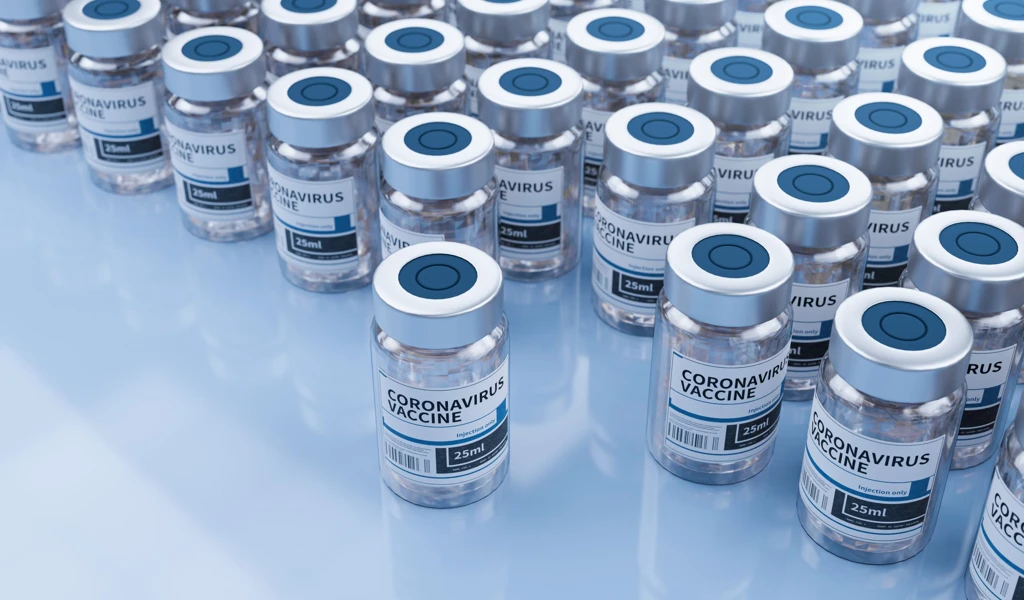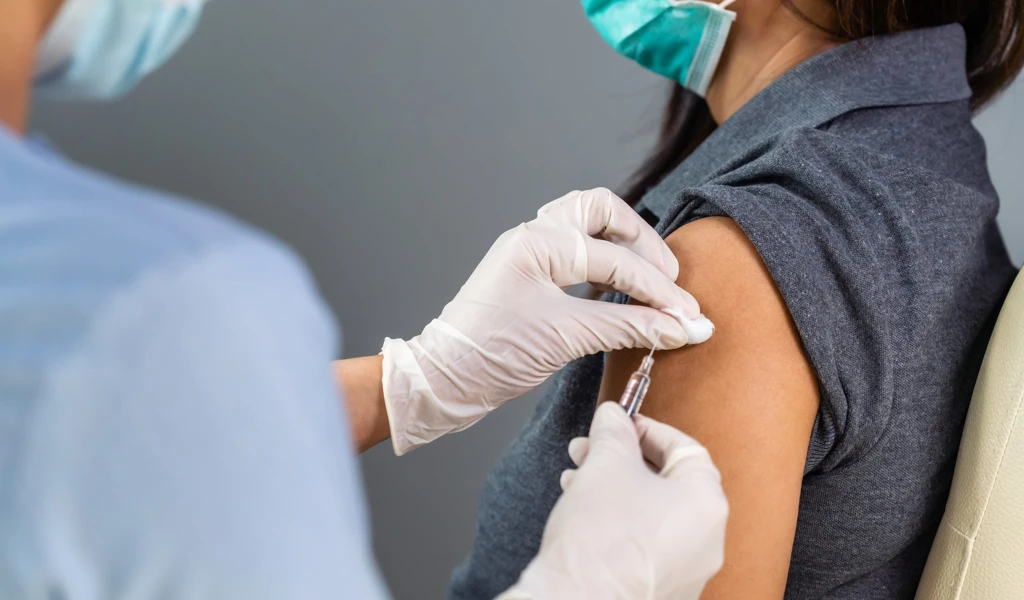321 vaccine candidates against COVID-19 now in development

In April, CEPI researchers identified 115 vaccine candidates against COVID-19 that were at varying stages of development. In an update to this analysis, we report in Nature Reviews Drug Discovery that, in the space of 5 months, this number has nearly tripled to 321 vaccine candidates. 33 of which are now in clinical trials, including eight candidates backed by CEPI.
Global progress in clinical trials and manufacturing
Progress towards a vaccine against COVID-19 has been truly global. Of the 33 candidates that are in clinical trials, there are plans to enroll 280,000 trial participants from at least 470 sites in 34 different countries.
Six clinical candidates are now in the most advanced phase III trials. These include two CEPI-supported candidates (AstraZeneca/Oxford and Moderna) and candidates that are being developed by Gamaleya Research Institute, Wuhan Institute of Biological Products/Sinopharm, Sinovac Biotech, and Pfizer/BioNTech.
For the leading candidates, large-scale manufacturing of vaccines has already been initiated to enable rapid distribution if approval is obtained. For CEPI's part, it has established manufacturing agreements with AstraZeneca/Oxford, The University of Queensland/CSL, Clover Biopharmaceuticals, Novavax and SK Bioscience.
Technology platforms and vaccine targets
A wide range of technology platforms are being used to develop COVID-19 vaccines, including both traditional and novel approaches.
Early data are emerging for the most advanced clinical candidates and although encouraging antibody and T-cell responses have been reported, it is too early to assess their relative potential.
Most vaccine candidates in clinical trials are targeting the spike (S) protein and its variants as the primary antigen. However, candidates targeting other antigens (such as the N protein) or multiple antigens are progressing. Early research suggests a role for the N protein with respect to multi-specific long-lasting T-cell immunity. Inactivated vaccines, which contain different antigens, have produced positive immune responses in early clinical studies. An early animal study of a peptide vaccine, which could target different antigens and trigger T-cell response, has also shown positive results.
Increasing investment by multinationals and global organisations
Since April there has been increasing engagement of large multinational companies, seven of which projects are now developing vaccines against COVID-19, including the likes of AstraZeneca, GSK, J&J, Merck, Pfizer, and Sanofi.
Strategies employed by the large multinational developers range from the development of proprietary in-house platforms for COVID-19; deals with smaller developers and academic institutes to acquire novel technologies; and collaborations between large manufacturers. Individual developers are also employing multiple different platform technologies and partnerships to increase their likelihood of success. 41 candidates are being backed by public-sector and non-profit organisations.
Major global initiatives are also underway to accelerate the development and manufacture of vaccines. Seven vaccines are being supported by the US Operation Warp Speed programme, which aims to deliver 300 million vaccine doses for COVID-19 by January 2021 and has so far announced funding of more than US$10 billion to advance vaccine development.
CEPI has built a vaccine portfolio that currently includes eight clinical candidates and is being advanced under COVAX, a collaboration led by CEPI, Gavi and WHO, which aims to deliver 2 billion vaccine doses for global allocation by the end of 2021. CEPI estimates that it needs $2.1 billion to continue the pace of its R&D work, and urgently needs a further $700 million to $800 million towards this goal.
Perspectives on clinical development
The WHO has released a target product profile for COVID-19 vaccines, which provides guidance for clinical trial design, implementation, evaluation and follow-up. Some of the most important considerations for clinical development of COVID-19 vaccine candidates are briefly summarised in our Nature Reviews Drugs Discovery report including trial design, clinical end point, correlate of protection, target population, and safety considerations.
What lies ahead?
While the pace of COVID-19 vaccine R&D has been unprecedented—with many candidates now in advanced stages of clinical development—more robust clinical data are still needed. The most advanced candidates are expected to begin reporting data from pivotal phase III studies in the coming months.
The safety and efficacy data from these studies will inform regulatory decisions on whether to make vaccine candidates available for broader use. These data will also provide valuable insights for the field, inform development activities aimed at controlling the current pandemic, and will help shape effective long-term immunization strategies against the disease.
Read the full report here
Correction: 10 September 2020: In line with the update to the publication in Nature Reviews Drug Discovery, this blog was updated to reflect the recent initiation of clinical development of the vaccine candidate Soberana 01 by the Instituto Finlay de Vacunas in Cuba. As of 3 September 2020, there were 33 COVID-19 vaccine clinical trials in operation.


